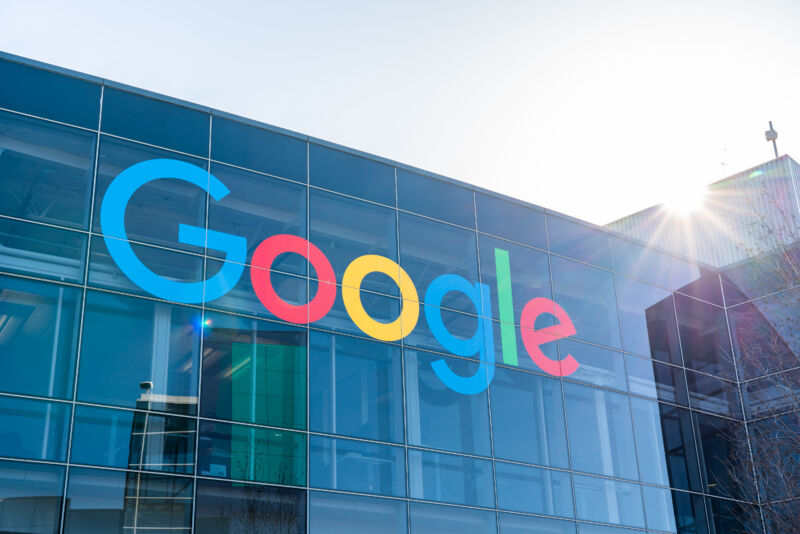Shotgun marriage —
The French agreement could become a template for similar deals across Europe.
Timothy B. Lee
–

Enlarge / Google’s corporate headquarters.
French news sites have prevailed in negotiations with Google over “neighboring rights,” a new legal right granted by the 2019 EU Copyright Directive. An agreement between Google and the French news industry “establishes a framework within which Google will negotiate individual licensing agreements” with individual news organizations, according to Google. Under these deals, French news articles will be featured in a new Google product called News Showcase.
This isn’t the outcome Google wanted. For years, European news organizations have tried to force Google to pay them for the privilege of indexing their articles, and for years Google flatly refused to do so. When Spain passed legislation to force Google to pay to link to Spanish News organizations in 2014, Google responded by shutting down Google News in Spain.
Google tried to use that same playbook in France after the passage of the EU copyright directive. France was the first country to transpose the EU directive into its own laws. In 2019, Google announced it was going to stop displaying “snippets” from French news articles in search results. Google believed that showing only news story headlines, not brief excerpts from articles, would bring it into compliance with the new law.
But that move earned a rebuke from France’s competition regulator, which held that the move was likely an abuse of Google’s monopoly power. Google has around 90 percent of the French search market. The French Competition Authority held that the deal Google offered to news sites—let us index your site for free or we won’t index it at all—was an abuse of that market power and contrary to the spirit of the new French law.
French authorities ordered Google to conduct “good faith negotiations” with the news industry to decide how much Google would pay news sites for their content. And they made clear that the number had better not be zero.
Those negotiations were apparently successful, though Google’s announcement offers few details about the new framework.
“The remuneration that is included in these licensing agreements is based on criteria such as the publisher’s contribution to political and general information, the daily volume of publications, and its monthly internet traffic,” according to the announcement.
The agreement is particularly significant because it offers a model for other European countries that want to force Google to fork over cash to their own news sites.
In the past, Google’s hardball tactics deterred most European countries from trying to force Google to pay up. But with the passage of the EU copyright directive, European countries formed a united front against Google, making it much harder for Google to resist. Google’s capitulation in France will weaken its bargaining position as other European countries pass their own versions of the French law and news organizations in other countries line up for their share of Google cash.

